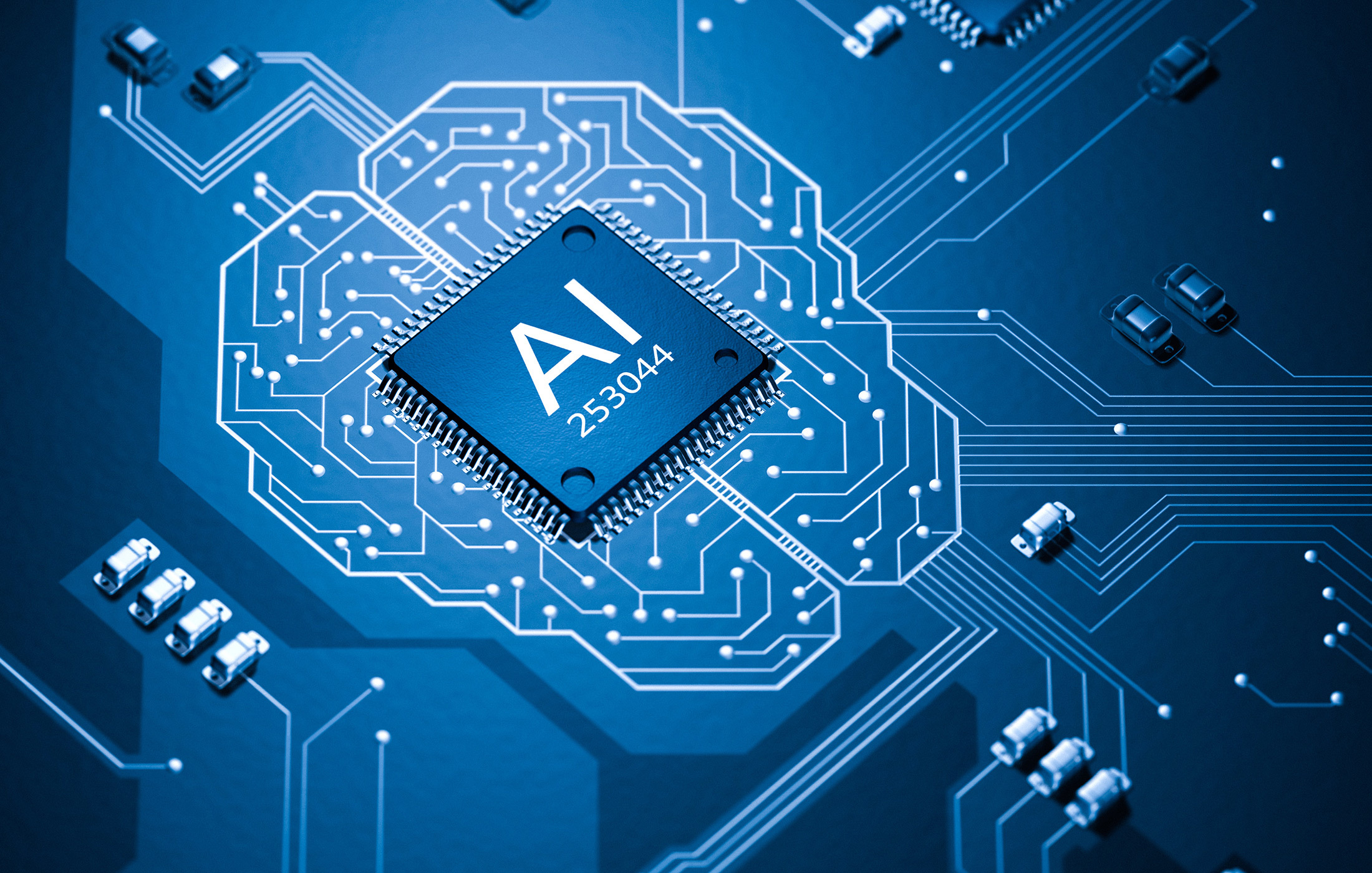AI is no longer optional: Why every student, from arts to commerce, must embrace it
By Administrator | Education | 30-Aug-2025 12:36:26

News Story
Artificial Intelligence is no longer the preserve of coders and engineers —
it is fast becoming a universal skill set, one that students across streams must
acquire to remain relevant in a transformed job market.
The World Economic Forum’s Future of Jobs 2025 report predicts that roles in AI, machine
learning, big data, and security management will be among the fastest-growing
in India. With nearly 96% of Indian organisations already adopting AI in some
form, the technology’s influence is extending far beyond traditional IT jobs
into the arts, humanities, and commerce.
“Students and scholars, irrespective of their
academic background, must acquire AI tools such as ChatGPT and prompt
engineering to excel in their careers,” said Prof. Mahadeo Jaiswal, Director of
IIM Sambalpur. “AI is a powerful and disruptive technology, and every student
must equip themselves with it — not only for effective learning but also for
their future prospects.”
Prof. Mrunal Chavda of IIM Raipur echoed this,
stressing that AI literacy, prompt design, data ethics, and domain-specific
applications must be embedded into curricula. “For humanities and commerce
students, these skills go beyond employability. They empower them to shape a
human-centred, inclusive AI future, one that India, with its diversity and
scale, is uniquely poised to lead,” she said.
Beyond coding: a shift in the career game
Experts insist that students don’t need to be
expert programmers to leverage AI effectively. “Non-technical students can gain
tremendously from AI tools,” said Mihir Parekh, an MBA student at BITSoM.
“Familiarity with concepts like prompt engineering is enough to help them work
with technical teams and make use of platforms such as Cursor, Vercel, and
Lovable.”
For commerce students, the applications are
already tangible — from AI-driven financial modelling and risk management to
fraud detection and predictive analytics. “AI is helping us interpret market
data and make better financial decisions,” said Pratyush Vidyarthi, a PGDM
student at BIMTECH.
Even in the humanities, AI literacy is
critical. Reena Cheruvalath, Professor of Humanities and Social Sciences at
BITS Pilani, argued that students must combine digital creativity with critical
thinking, ethical reasoning, and contextual understanding. “Programming skills
are not enough. Students must actively question AI outputs, understand issues
of bias and privacy, and apply these tools to societal challenges like mental
health, climate change, and gender inequality,” she said.
Human skills remain irreplaceable
Despite AI’s rapid rise, educators and
students agree that it cannot replace human judgement. “The most crucial skill
students must develop is critical thinking,” said Anushna Mishra, an MBA
student at BITSoM. “AI should be treated as an additional tool, not a
substitute for the analytical abilities that education is meant to foster.”
Industry leaders warn that the true
opportunity is not in coding alone, but in mastering the art of humanising AI.
“Graduates need to focus on AI literacy and conceptual understanding that goes
deeper than surface-level tool usage,” said Prateek Shukla, CEO and Co-Founder
of Masai. “The real skill is creating AI-enhanced content that still feels human
— and combining domain knowledge with AI to cut through the noise of data
overload.”
As AI reshapes the very architecture of work, one thing is clear: whether in arts, commerce, or science, tomorrow’s standout graduates will be those who combine technological fluency with creativity, ethics, and critical thought.